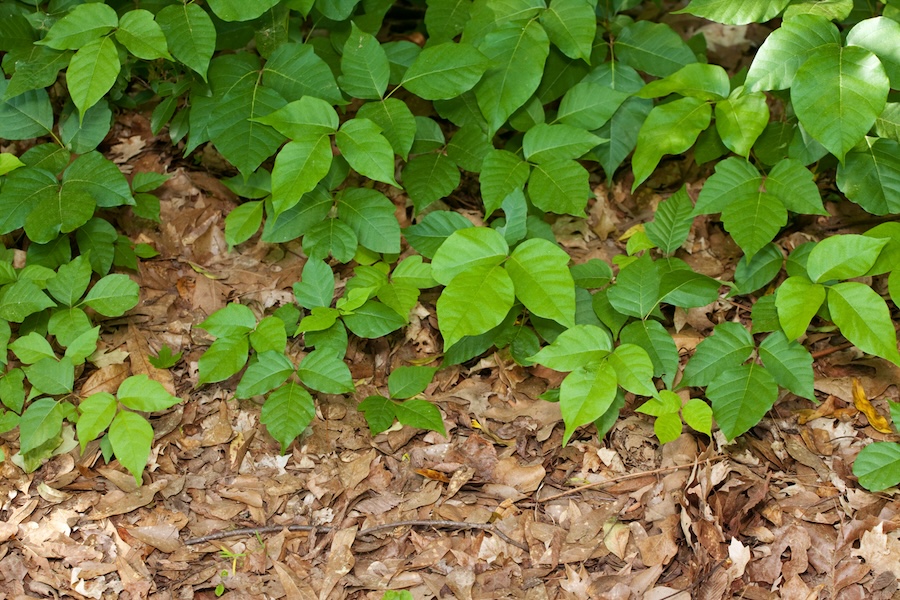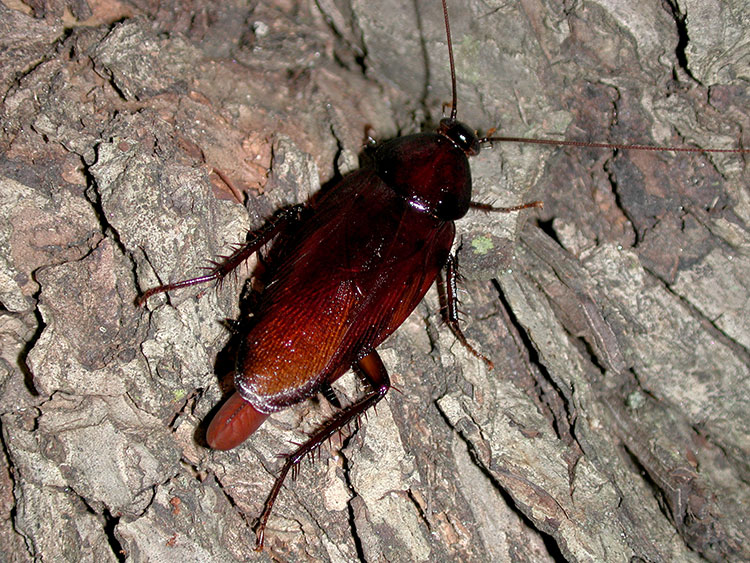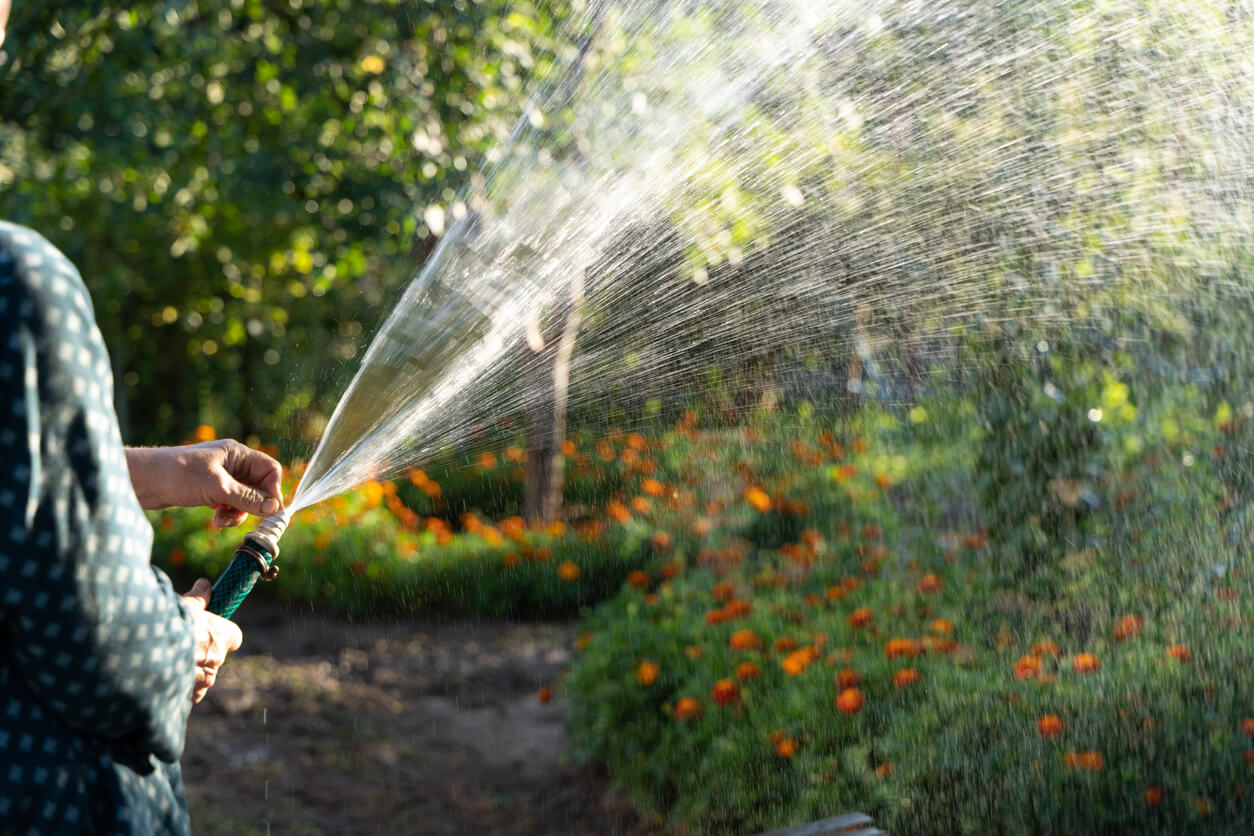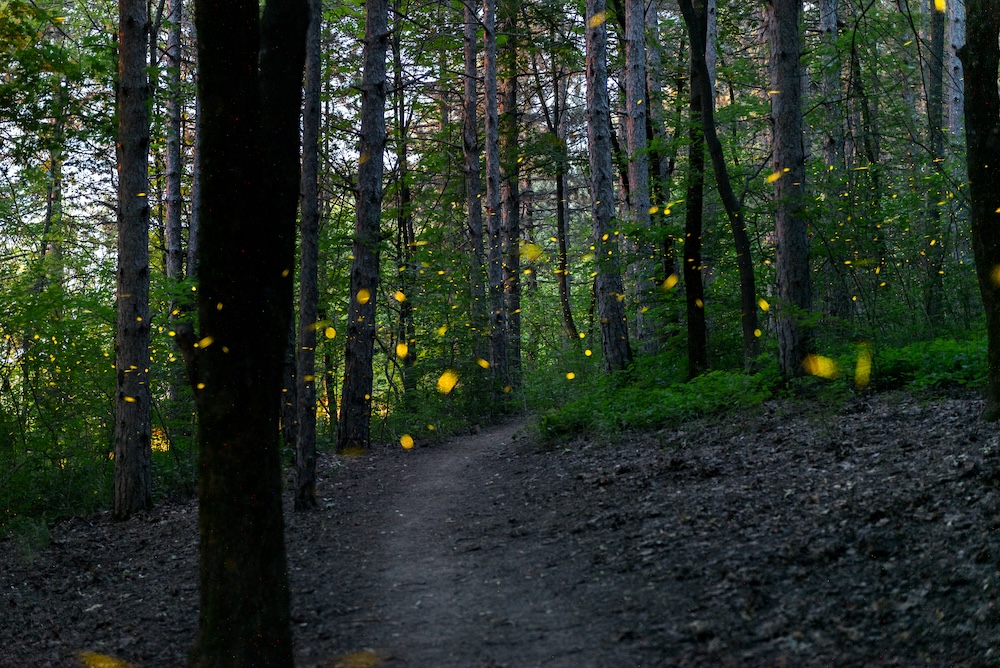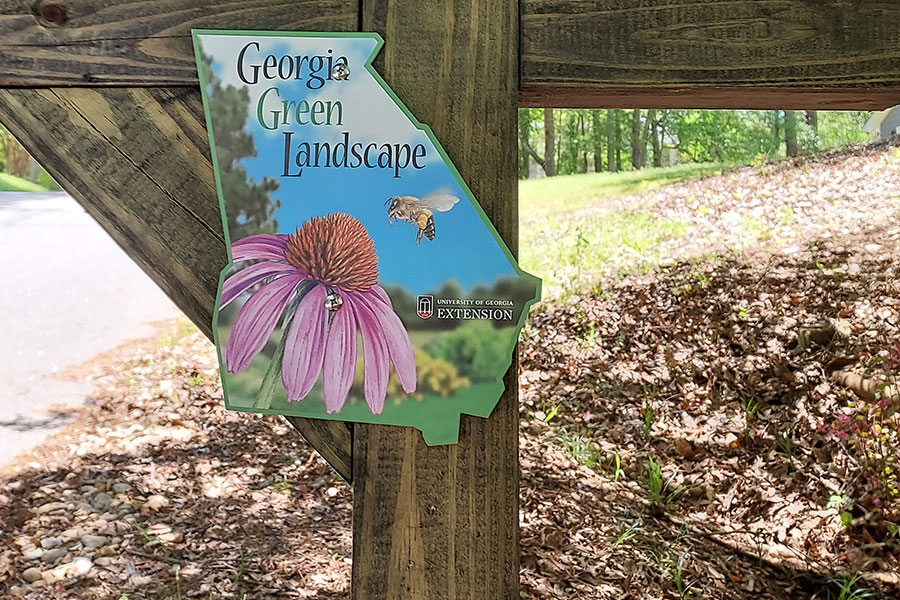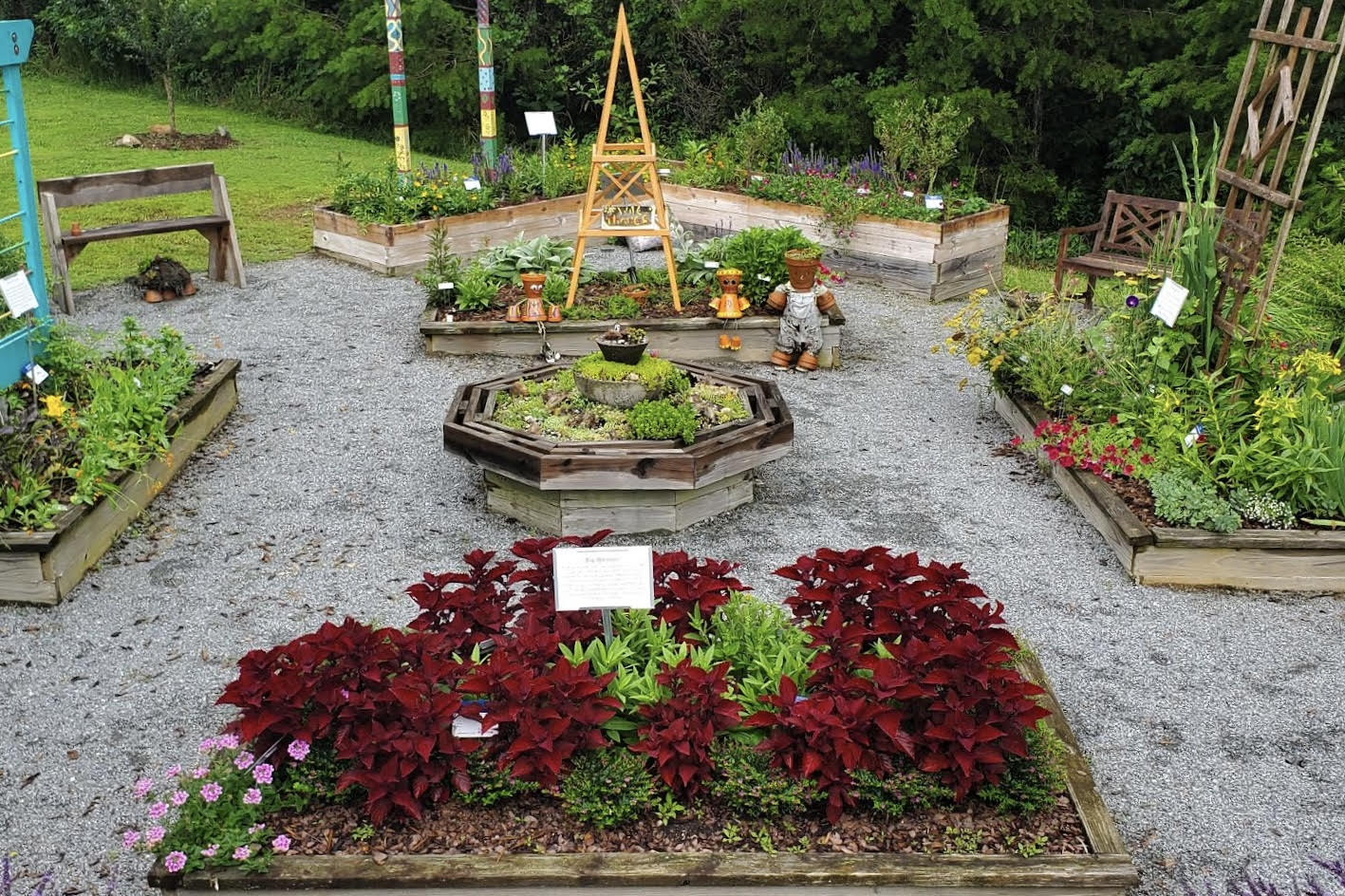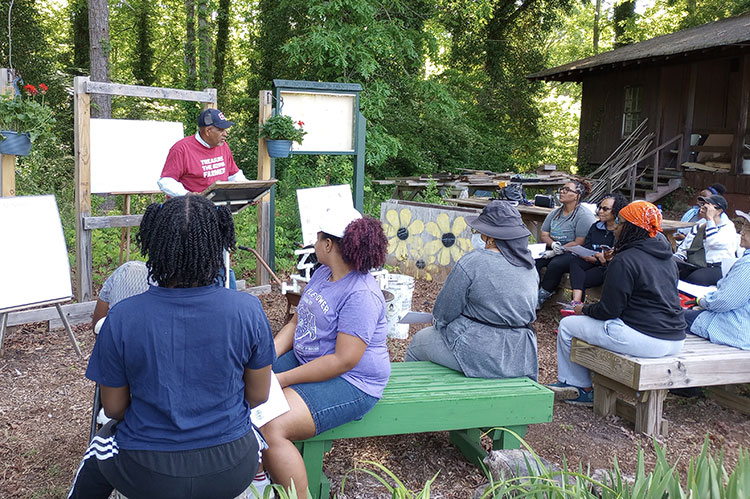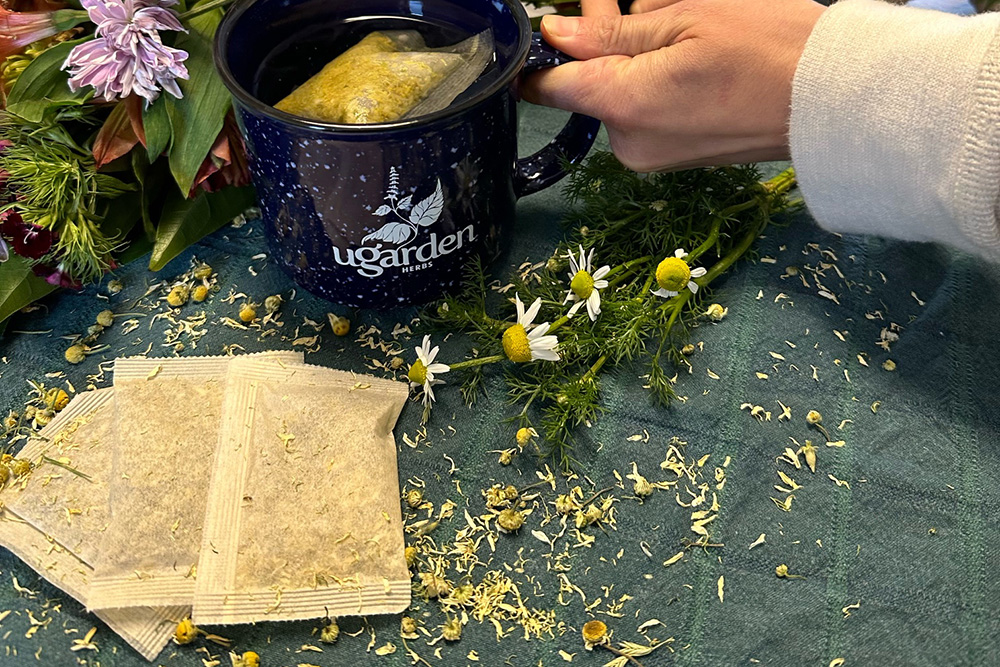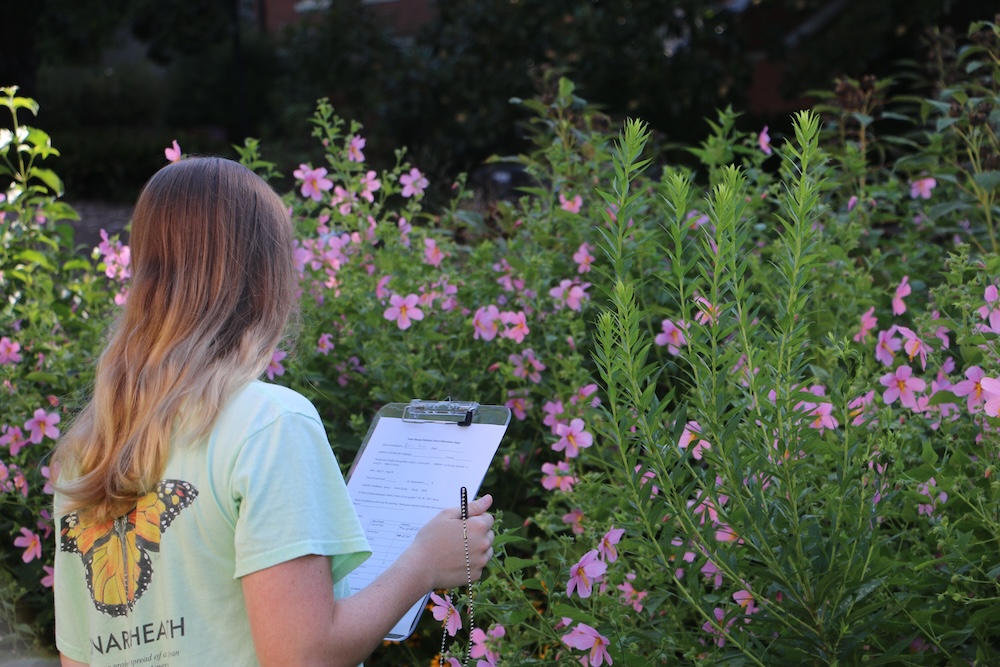 CAES News
CAES News
Pollinator Census
As summer draws to a close, nature enthusiasts, gardeners and residents across the Southeast are gearing up for an exciting citizen science project – the 2024 Great Southeast Pollinator Census. Scheduled for Aug. 23-24, this annual event invites participants from Georgia, North Carolina, South Carolina and Florida to join forces in counting pollinators, collecting valuable data that helps researchers, farmers and policymakers understand pollinator populations and their impact on agriculture.

